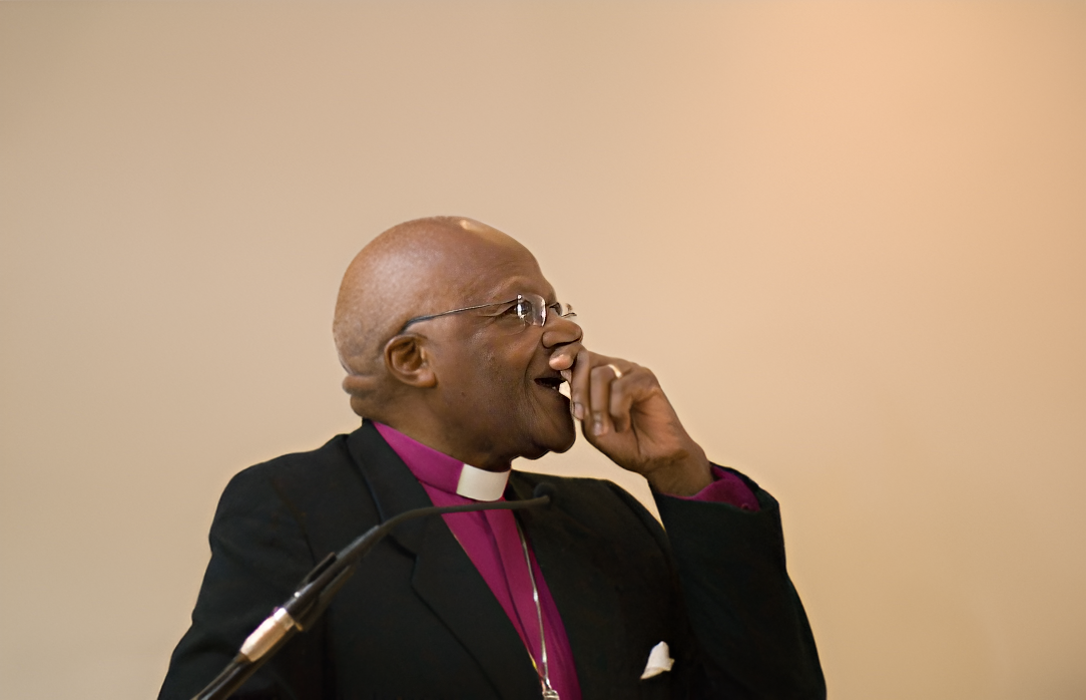The clothing we wear often holds deeper meanings and influences our perceptions and behaviors in ways we might not fully realize. For clergy members, the pastor shirt is not just a piece of clothing but a significant symbol that can profoundly affect their psychological state and interactions with others. In this article, we will explore the psychological impact of wearing a pastor shirt, focusing on aspects such as identity reinforcement, authority and respect, community connection, personal confidence, and the balancing of personal and professional lives. By understanding these impacts, we can better appreciate the role of pastor attire in the lives of those who wear it.
1. Reinforcing Clerical Identity
One of the primary psychological impacts of wearing a pastor shirt is the reinforcement of clerical identity. This piece of clothing serves as a constant reminder of the wearer’s spiritual role and responsibilities. By putting on the pastor shirt, clergy members reaffirm their commitment to their faith and their congregation.
This reinforcement of identity is crucial in helping pastors maintain their sense of purpose and direction. It strengthens their connection to their religious duties and can serve as a source of motivation and inspiration in their daily lives. The pastor shirt acts as a tangible symbol of their vocation, providing a clear and consistent identity that they can carry with them.
2. Establishing Authority and Respect
The pastor shirt also plays a significant role in establishing authority and garnering respect. In many communities, the sight of a pastor in their official attire immediately conveys a sense of leadership and moral authority. This recognition can enhance the pastor’s ability to influence and guide their congregation.
Wearing pastor attire signals to others that the individual is a trusted spiritual leader. This can lead to increased respect and deference from community members, which is essential for effective ministry. The authority conferred by the pastor shirt can also help pastors navigate challenging situations, as it reinforces their role as a figure of wisdom and guidance.
3. Fostering Community Connection
Wearing a pastor shirt can significantly impact how clergy members connect with their community. The shirt serves as a visual cue that makes pastors easily identifiable, encouraging congregants and community members to approach them for guidance, support, and conversation. This visibility is particularly important in fostering open and trusting relationships.
The pastor attire symbolizes accessibility and readiness to help, which can strengthen the bond between the pastor and their congregation. It encourages parishioners to seek out their pastor for spiritual and emotional support, knowing that they are available and approachable. This sense of connection is vital for building a strong, supportive community.
4. Enhancing Personal Confidence
Wearing a pastor shirt can also enhance a pastor’s personal confidence. The attire serves as a reminder of their role and the respect that comes with it, which can boost their self-esteem and sense of self-worth. When pastors feel confident in their appearance, they are likely to project that confidence in their interactions with others.
This increased confidence can have a positive impact on their ability to lead services, deliver sermons, and engage with their congregation. Knowing that they are visually recognized and respected as a spiritual leader can empower pastors to perform their duties with greater assurance and effectiveness. Pastor attire thus becomes a source of personal strength and professional competence.
5. Balancing Personal and Professional Lives
The distinctiveness of pastor attire helps clergy members balance their personal and professional lives. By donning the pastor shirt, they signal a transition from personal time to professional duty, which can aid in setting boundaries and maintaining a healthy work-life balance.
This separation is psychologically important as it allows pastors to manage their roles and responsibilities more effectively. When wearing their pastor shirt, they are in their professional capacity, ready to serve and lead. Conversely, when they remove the shirt, it can signify a return to personal time, helping them to recharge and avoid burnout. This clear delineation between roles supports overall well-being and job satisfaction.
6. Coping with the Weight of Responsibility
Being a pastor comes with significant responsibilities and emotional burdens. The pastor shirt can serve as a psychological tool to help clergy members cope with these pressures. Wearing the shirt can create a sense of preparedness and resilience, reinforcing the pastor’s ability to handle their duties.
The symbolic weight of the pastor attire can remind pastors of their calling and the strength they derive from their faith. This can be particularly comforting during challenging times, providing a source of inner fortitude and reminding them of their purpose and support network. The act of putting on the pastor’s shirt can thus be a ritual that mentally prepares them for the day ahead.
7. Impact on Public Perception
The pastor shirt not only affects the wearer’s psychology but also shapes public perception. When community members see a pastor in their official attire, it reinforces the pastor’s role and the values they represent. This recognition can foster a sense of trust and respect, which is crucial for effective ministry.
For the public, the pastor attire signifies a commitment to spiritual guidance and ethical leadership. It can influence how people approach and interact with the pastor, often with greater openness and reverence. This mutual recognition enhances the pastor’s ability to serve their community and fulfill their spiritual mission.
8. Encouraging Ethical Behavior
Wearing a pastor shirt can also encourage ethical behavior and accountability. The visible symbol of their clerical role serves as a constant reminder to uphold the highest moral standards in their actions and decisions. Knowing that they are always seen as representatives of their faith can motivate pastors to act with integrity and compassion.
This psychological effect extends beyond the individual to the broader community. When pastors consistently exhibit ethical behavior while wearing their pastor attire, it sets a positive example for others to follow. It reinforces the values of honesty, kindness, and responsibility, fostering a culture of ethical behavior within the community.
9. Adapting to Modern Trends
While the traditional pastor shirt remains a powerful symbol, modern adaptations can also have a psychological impact. Contemporary designs that incorporate elements of modern fashion can make pastors feel more comfortable and relatable, especially to younger generations. This adaptability can help bridge the gap between tradition and contemporary expectations.
Modern pastor attire can include updated fits, fabrics, and styles that reflect current fashion trends while maintaining the essential symbolic elements. This can enhance the pastor’s confidence and sense of belonging in a rapidly changing world, helping them to connect more effectively with a diverse congregation.
Conclusion
The psychological impact of wearing a pastor shirt is multifaceted, influencing identity, authority, community connection, personal confidence, work-life balance, and ethical behavior. This distinctive piece of pastor attire serves as a powerful symbol of faith and leadership while providing practical benefits that support the well-being and effectiveness of clergy members.
By understanding these psychological effects, we can better appreciate the importance of the pastor shirt in the lives of those who wear it. It is not merely a garment but a vital tool that helps pastors fulfill their spiritual duties with confidence, integrity, and compassion. As the world continues to evolve, the pastor shirt will undoubtedly remain a key element of pastor attire, adapting to new challenges and opportunities while retaining its core significance.





